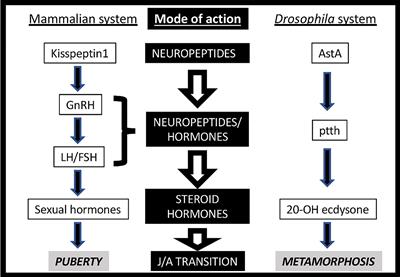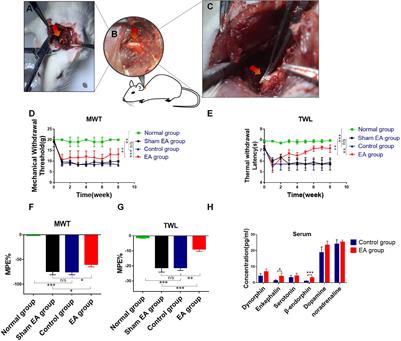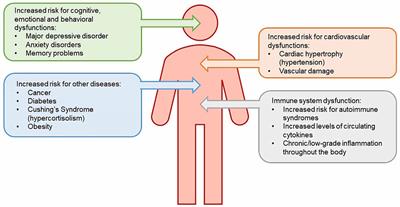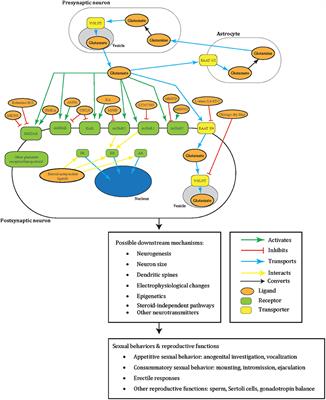EDITORIAL
Published on 22 Apr 2022
Editorial: Intersection of Hormones and Neuropeptides in the Brain
doi 10.3389/fnbeh.2022.886591
- 3,208 views
- 4 citations
18k
Total downloads
294k
Total views and downloads
Select the journal/section where you want your idea to be submitted:
EDITORIAL
Published on 22 Apr 2022
ORIGINAL RESEARCH
Published on 24 Jun 2021

REVIEW
Published on 12 Feb 2021

ORIGINAL RESEARCH
Published on 09 Feb 2021

REVIEW
Published on 13 Jan 2021

REVIEW
Published on 24 Nov 2020


Frontiers in Endocrinology
Frontiers in Neuroscience